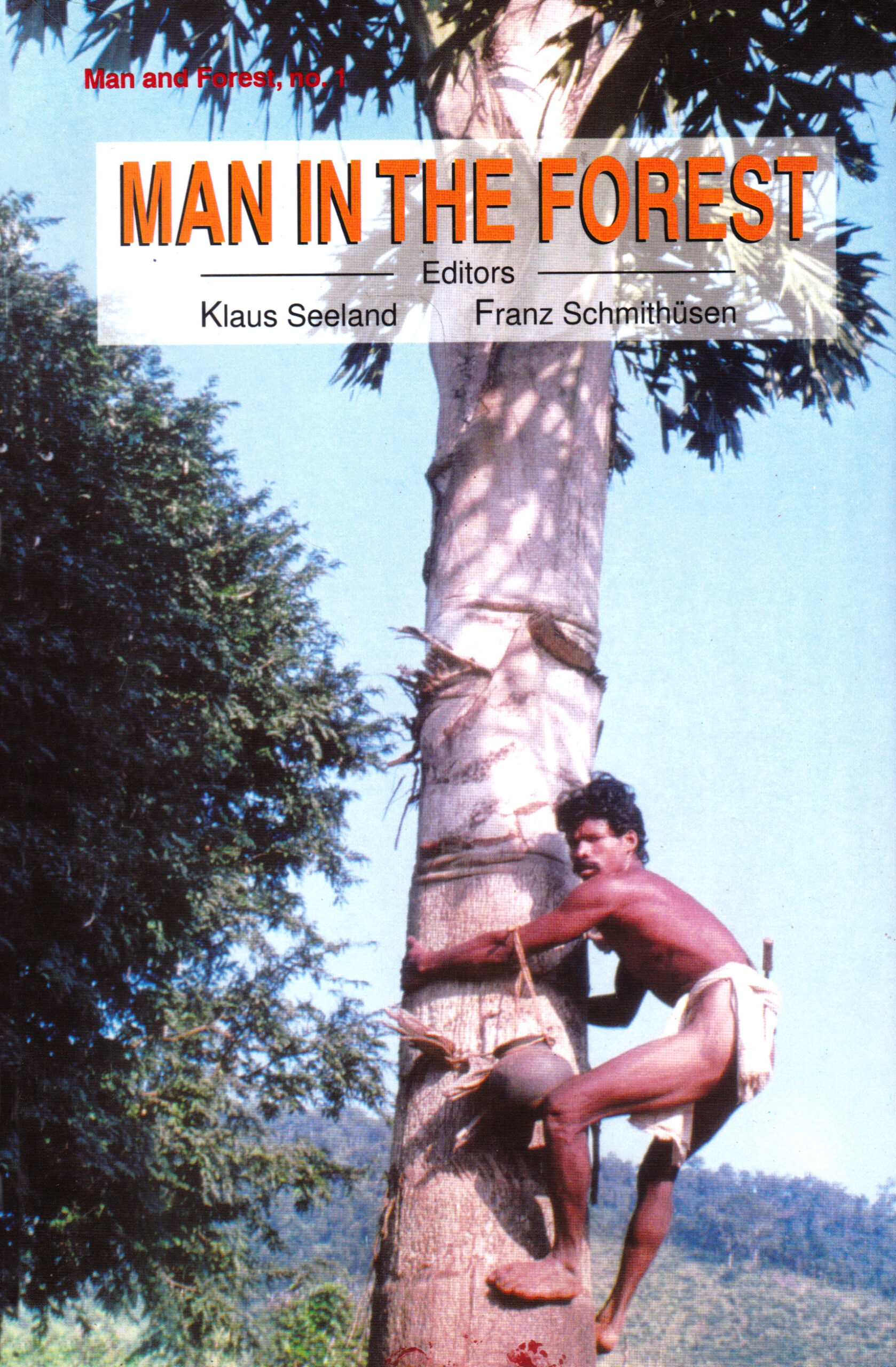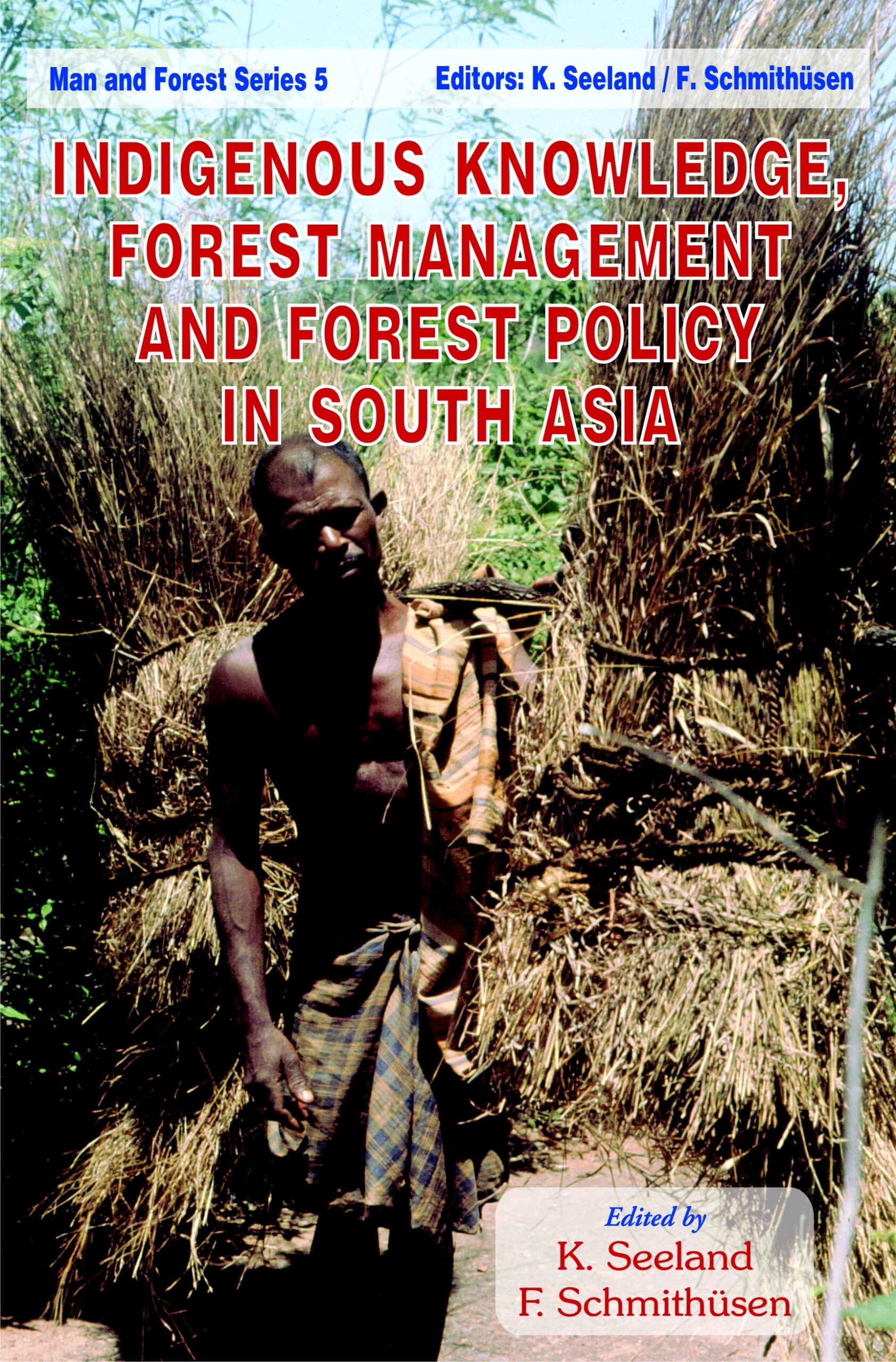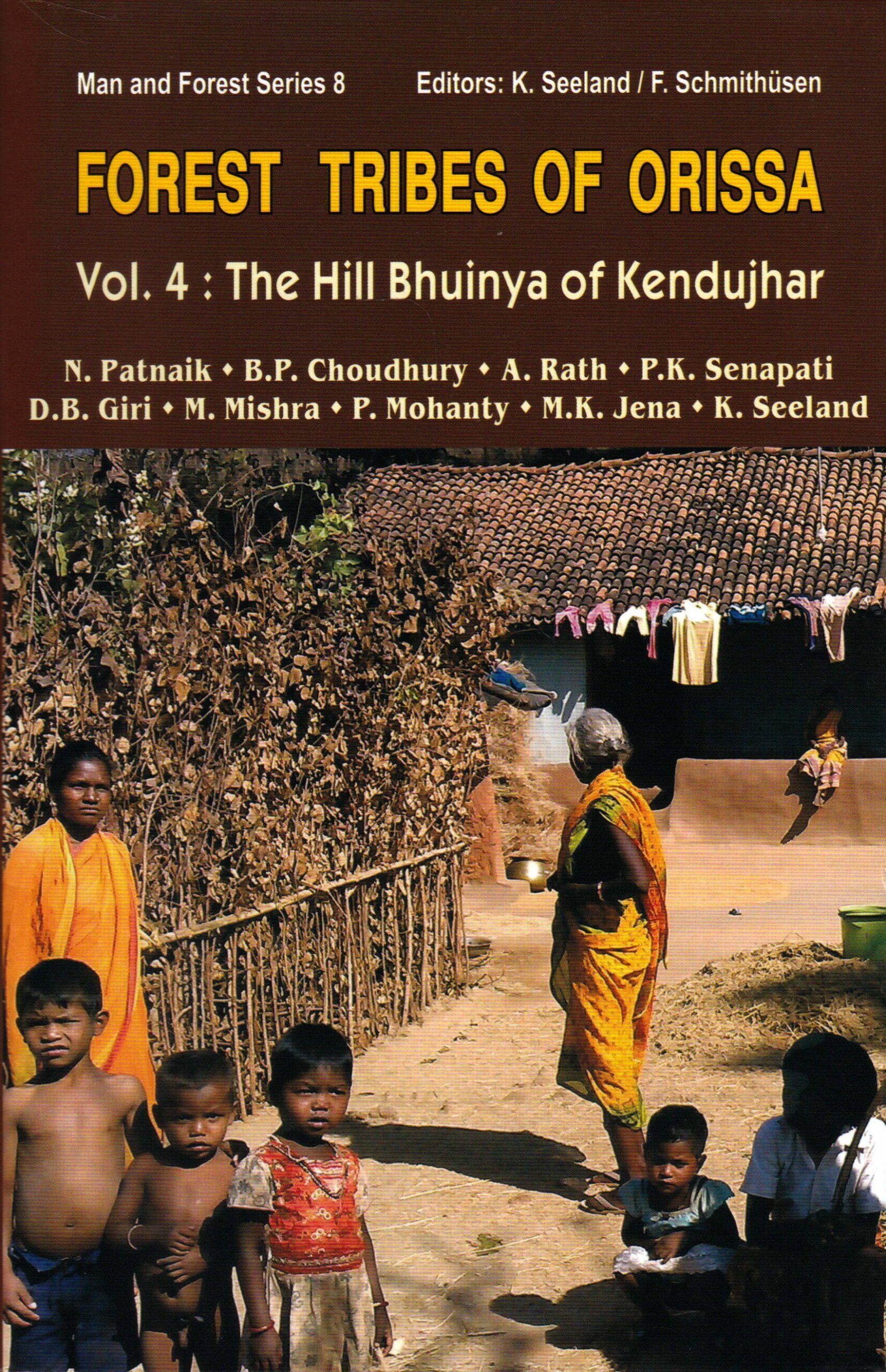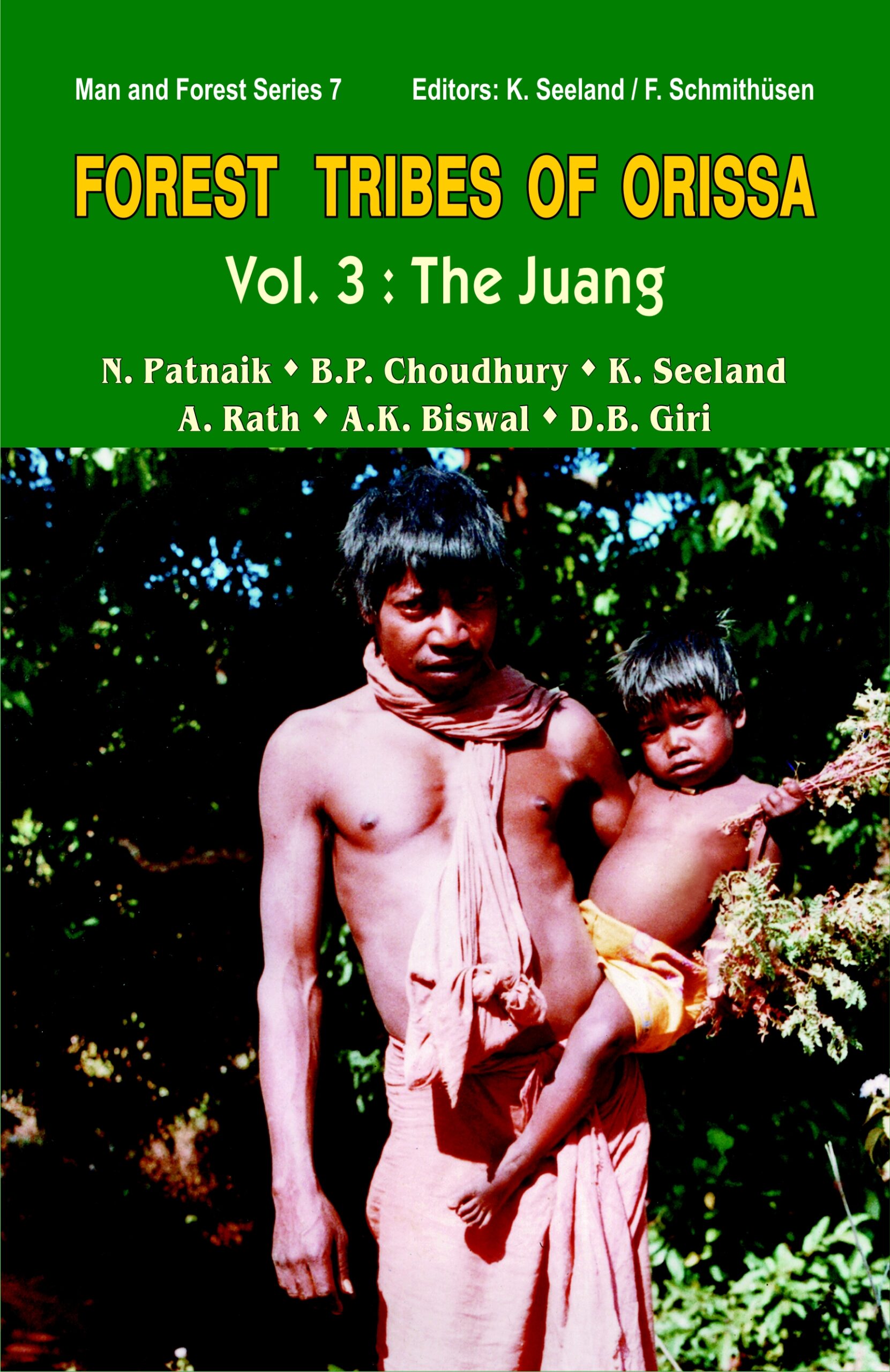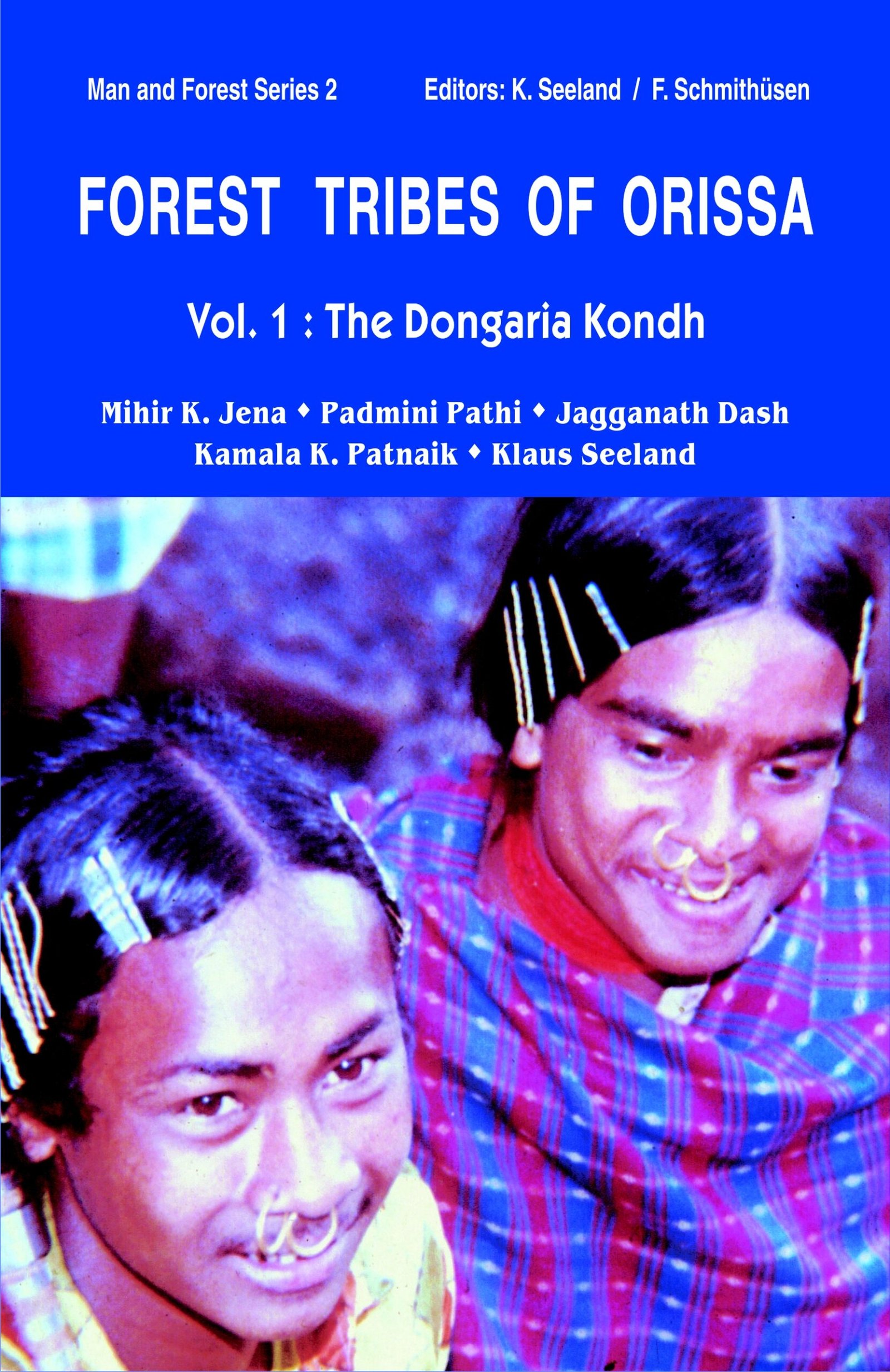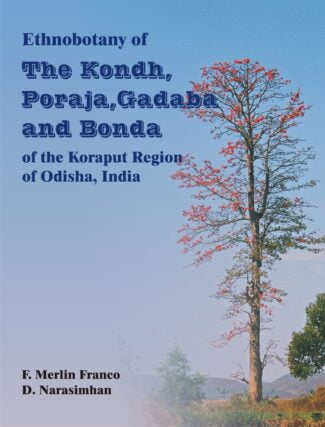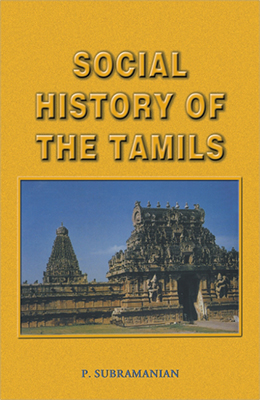-


Indigenous Knowledge...
Indigenous Knowledge, Forest Management and Forest Policy in South Asia
Proceedings of an International Seminar held in Kathmandu Nepal in 1998 by: Klaus Seeland , Franz SchmithusenThe volume highlights the relevance of indigenous knowledge of South Asian tribal and rural communities in sustainable management of forests and local resources. With case studies, it shows that collective initiatives at the grassroots level and locally accepted patterns of livelihood of these communities can help address challenges of economic development vis-a-vis environmental hazard and a declining resource base.
₹675.00
ISBN: 9788124602225
Year Of Publication: 2003
Edition: 1st
Pages : xviii, 379
Bibliographic Details : Index
Language : English
Binding : Hardcover
Publisher: D.K. Printworld Pvt. Ltd.
Size: 23 cm.
Weight: 800
Reflecting the latest findings of a large research project that began about a decade ago this volume, the 5th in the ongoing Man and Forest series, highlights the relevance of indigenous knowledge of various South Asian tribal and rural communities in the sustainable management of forests and local resources more specially against the growing challenges of economic development vis-a-vis environmental hazards and a declining resource base. Not only the volume reiterates the relevance of indigenous knowledge as a development tool in this age of standardized, modern know-how applications, but also illustrates its enormous impact on the social development in tribal and rural areas. Not just in India but in the adjacent countries of Nepal and Bhutan as well are analysed forest policy issues. In these countries, particularly in the current scenario of regulation, the authors emphasise of both collective initiatives at the grassroots level and securing the locally accepted patterns of livelihood for the tribal and village communities. The volume includes widely varied case studies on the role of indigenous knowledge in forestry, community living, and joint management of local natural resources. This book consists of 17 papers, based on cross-cultural, interdisciplinary investigations of well-known scholars of forest management, ethno-botanists, social anthropologists and of the members of several local NGOs involved in either community forestry or village development programmes.
Preface
List of Abbreviations
Contributors
1. Whispers of the Wild
— Girija Bhusan Patnaik
2. Indigenous Knowledge and Tribal Forest Life in Orissa
— Klaus Seeland
3. Man-Nature Relationship of the Juang of
Juangpirh (Kendujhar District, Orissa)
— Nityananda Patnaik
4. Biodiversity in Juangpirh, Orissa
— B.P. Choudhury
5. Food, Folk and Forest
— Alok Rath
6. Economical and Biological Potential of Non-Timber
Forest Products (NTFP) in the Similipal Hills of Orissa
— Mihir Kumar Jena
7. Forest Use among some Tribes of Orissa
— Kamala Kumari Patnaik
8. Joint Forest Management — Merger of two Traditions?
— Nadja Ottiger
9. What alternative would Conserve Forests Better?
Empirical Studies on Joint Forest Management in
Orissa
— Padmini Pathi
10. Peoples Institutions and Joint Forest Management
Possibilities and Problems in the Context of
Rajasthan (India)
— S.N. Bhise
— A.S. Mehta
11. Agroforestry Development and Management through Human Resource Development at
the Grassroot Level
— Laj Pal Bharara
12. Community Forestry in the Terai: The Churia Forest Development Project in Nepal
— Jurgen Fichtenau
13. Participatory Management of Natural Resources with Forest User Groups — A socio-cultural study
in the mid-hills of Nepal
— Christian Rosset
— Klaus Seeland
14. Environmental Perception and Forest Management
among the Tamang of Southern Kavre
— Buddhi Tamang
— Amrit Yonjan
15. Traditional use of Blue Pine (Pinus Wallichiana) and
its impact on the Forest Structure in Central Bhutan
— Christina Giesch
16. Simple Participatory Forest Inventory: A Key Factor
for Sustainable Forest Management
— Robin aus der Beek
Visuals
Glossary
Index

